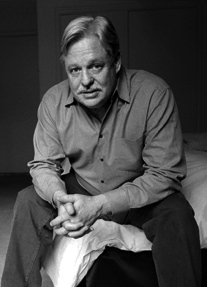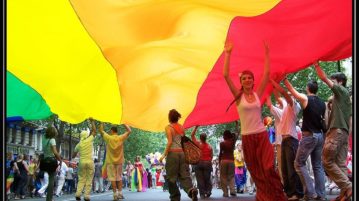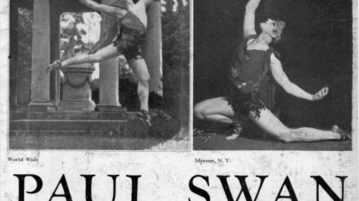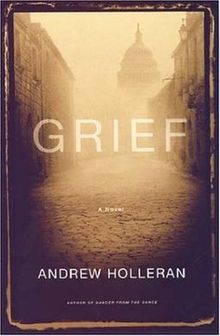The Love Songs of Jacob Israël de Haan
DUTCH POET and novelist Jacob Israël de Haan was born in Smilde, the Netherlands, on December 31, 1881, and murdered in Jerusalem on June 30, 1924. As a writer, he is perhaps best known for his first novel Pijpelijntjes, which appeared in 1904 and caused a considerable uproar on account of its explicit description of a homosexual relationship, the first such description in Dutch literature.
More




